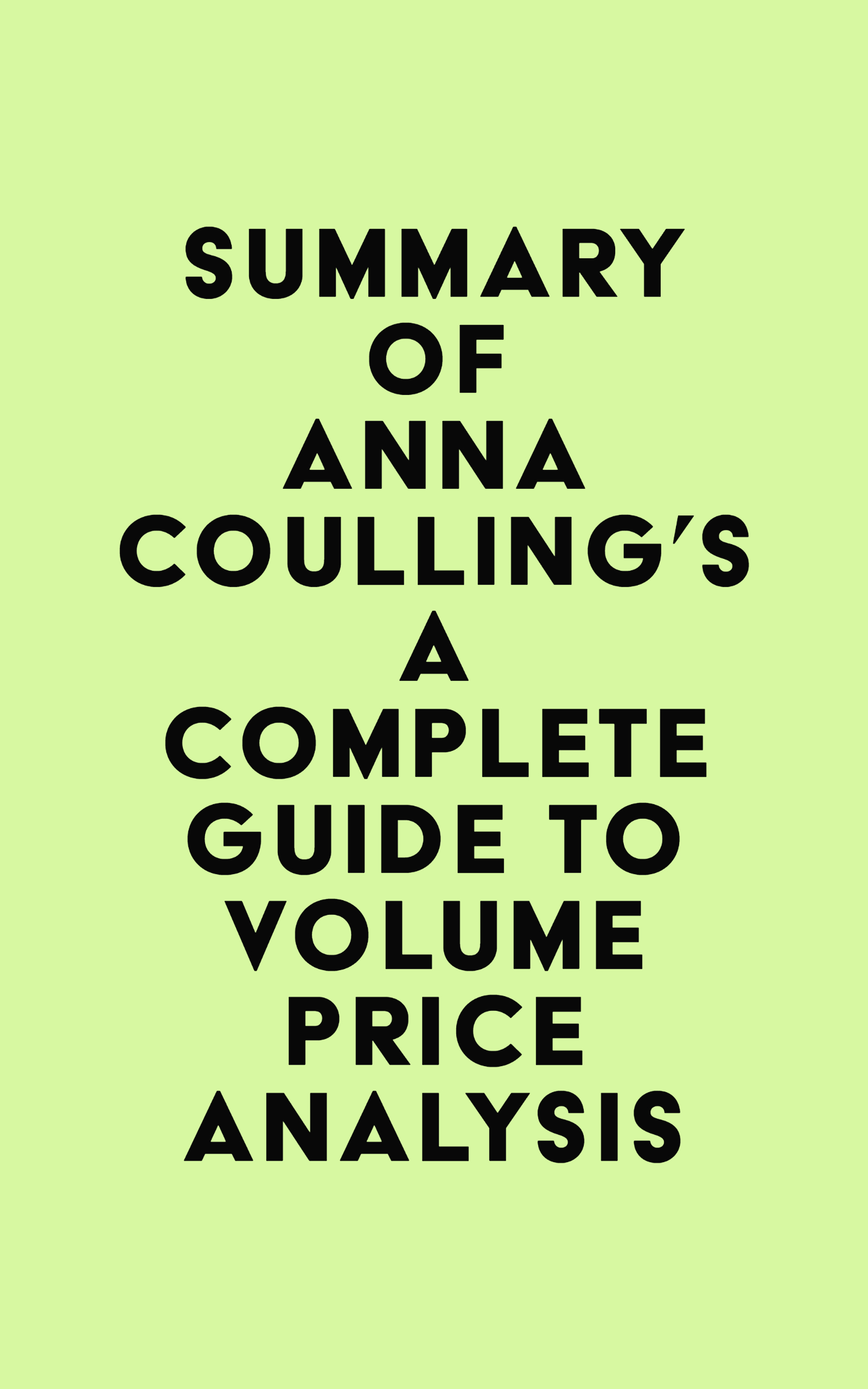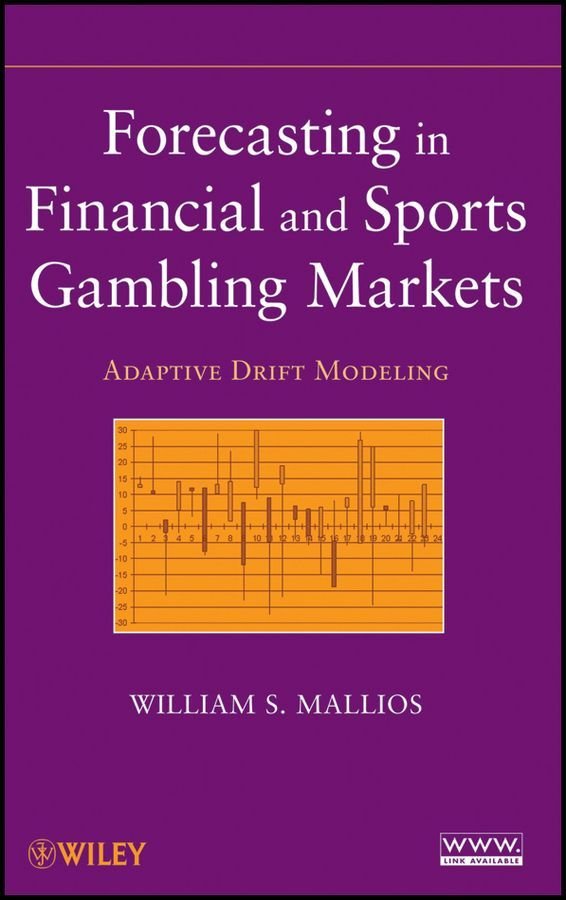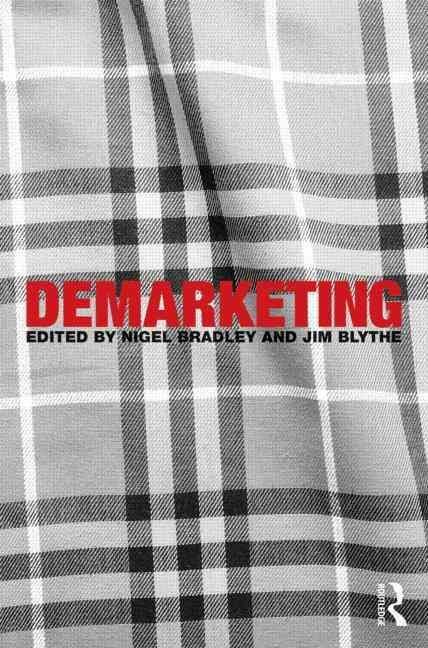Modern liberal democracies are troubled by public problems in which the free market is no innocent bystander. It is therefore generally acknowledged that the market must be controlled. Assisting the Invisible Hand is an investigation into contemporary thinking on controlling the market, especially with regard to the problem of dealing with environmental issues. The implicit modes of thinking in economics, political philosophy and administrative theory are uncovered and criticized. The book contributes to contemporary insight by arguing that the issue of market control must be addressed in terms of the relations between state, market and civil society. Furthermore, since controlling the market is so closely related to the ideals of liberal democracy, this book stresses the normative dimensions of the market control issue. The position adopted by the book is that the market cannot be controlled by the state alone. This responsibility should be shared between state, market and civil society.












